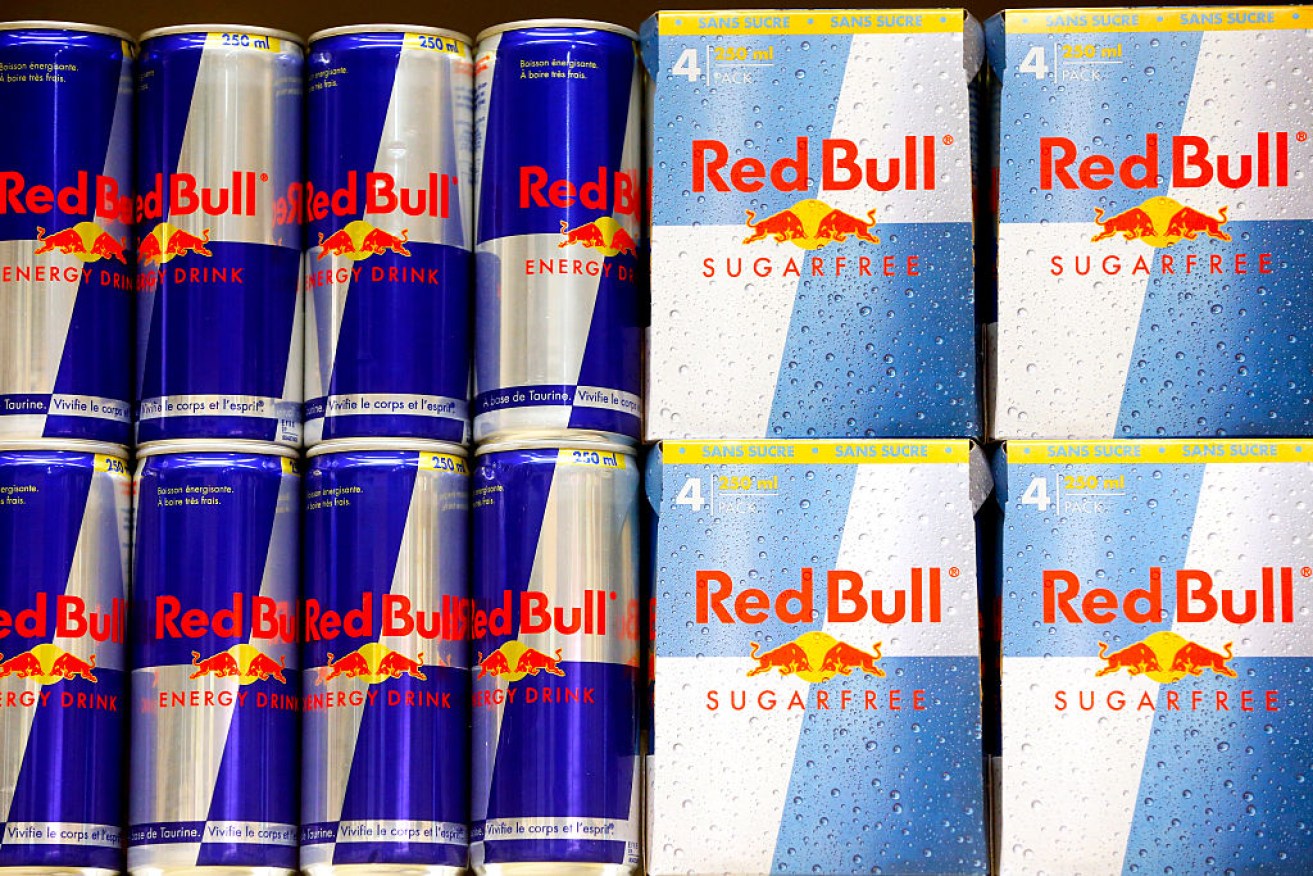Energy drinks are a gateway drug to cocaine use: study


New research has found energy drink consumption precipitates cocaine use. Photo: Getty
Young adults who consume too many energy drinks are more likely to use cocaine later in life, new research shows.
A study by the University of Maryland, published in the journal of Drug and Alcohol Dependence, tracked consumption of energy drinks in 1099 young people aged between 21 and 25 over four years.
Young people who consistently consumed the caffeinated drinks were significantly more likely to abuse stimulants by the age of 25.
Energy drink consumption also precipitated alcoholism, the researchers found.
More than half (51.4 per cent) of the 1099 respondents had a high consumption of the drinks over the four-year period.

There was also a link between energy drink consumption and alcoholism. Photo: Getty
Professor Amelia Arria, the lead author of the study, said the research showed there was a direct link between energy drink consumption and abuse of stimulants like cocaine.
“The results suggest that energy drink users might be at heightened risk for other substance use, particularly stimulants,” Dr Arria said.
The study did not find a correlation between energy drink consumption and marijuana or tobacco use.
In February, Royal Prince Alfred Hospital found young people with no known risk of heart disease could die from cardiac arrest after one energy drink.
About three per cent of Australians drink electrolyte and energy drinks, according to the Bureau of Statistics. Teenagers and young adults were the biggest drinkers, with six per cent of those aged between 14 and 30 consuming energy drinks.
About one-quarter of drunk people on Australian city streets on Friday and Saturday nights have consumed more than two energy drinks, the National Drug Law Enforcement Research Fund found in 2013, according to The Conversation.
The research found those who consumed energy drinks recorded higher breath alcohol concentrations. They were also more likely to engage in aggressive acts, being injured or drink driving.
In Australia, a 250mL can of energy drink can contain no more than 80mg of caffeine, which is equivalent to a standard cup of instant coffee.
Nutritional information on energy drink labels recommend a maximum energy drink intake of two 250mL or one 500mL.
The Food Standards Code advises energy drinks are not suitable for children, pregnant and lactating women, and those sensitive to coffee.








